
Whoever was forced to write this at the CDC doesn't know a thing about science or making sense of evidence. How frustrating and sad.
Whoever was forced to write this at the CDC doesn't know a thing about science or making sense of evidence. How frustrating and sad.

New results, in 3 figures: 🧵
1) Subjective well-being significantly improved in the treatment group in year 1, but there were no significant differences between the treatment & control group after that. 1/

New results, in 3 figures: 🧵
1) Subjective well-being significantly improved in the treatment group in year 1, but there were no significant differences between the treatment & control group after that. 1/
see website for details www.pbandjlab.com
see website for details www.pbandjlab.com

"Even when they are genetically identical and reared in the same environment, different individuals exhibit behavioral differences that are stable over long periods"
www.sciencedirect.com/science/arti...
"Even when they are genetically identical and reared in the same environment, different individuals exhibit behavioral differences that are stable over long periods"
www.sciencedirect.com/science/arti...

Amber Thalmayer and I identify and (try to) explain the many ways that openness/intellect is the weirdest & WEIRDest of the Big Five. (Big improvements over the old preprint! thx reviewers)
journals.sagepub.com/eprint/HBGXT...
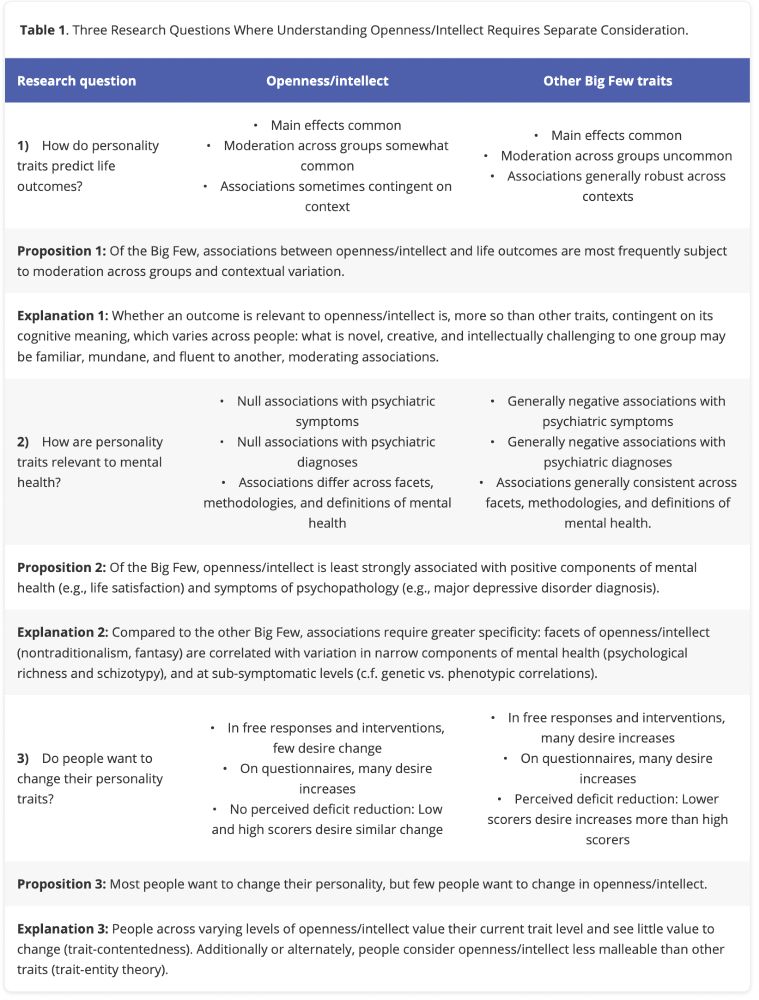


Amber Thalmayer and I identify and (try to) explain the many ways that openness/intellect is the weirdest & WEIRDest of the Big Five. (Big improvements over the old preprint! thx reviewers)
journals.sagepub.com/eprint/HBGXT...
Genetic factors are associated with the educational fields people study, from arts to engineering.
Article: www.nature.com/articles/s41...
FAQ: www.thehastingscenter.org/genomic-find...

Genetic factors are associated with the educational fields people study, from arts to engineering.
Article: www.nature.com/articles/s41...
FAQ: www.thehastingscenter.org/genomic-find...
Information for potential applicants can be found on my lab website: ringwaldlab.psych.umn.edu/join-lab
Please spread the word!
www.pnas.org/doi/epdf/10....
Causal evidence of gene-environment interaction for reading test scores based on:
🧬 Exogenous within-family genetic differences
🏫 Exogenous variation in school value added
www.pnas.org/doi/epdf/10....
Causal evidence of gene-environment interaction for reading test scores based on:
🧬 Exogenous within-family genetic differences
🏫 Exogenous variation in school value added
Now includes:
- Power analysis summary report
- Reproducible & shareable configs (URL/JSON)
- Calculations validated against R
- Hypothesis region visualization
powerlmmjs.rpsychologist.com

Now includes:
- Power analysis summary report
- Reproducible & shareable configs (URL/JSON)
- Calculations validated against R
- Hypothesis region visualization
powerlmmjs.rpsychologist.com
The updated statement came after KIVI-TV sent FBI photo reportedly showing 14-year-old U.S. citizen in zip ties.

The updated statement came after KIVI-TV sent FBI photo reportedly showing 14-year-old U.S. citizen in zip ties.
floggingpvalues.blog/2025/10/22/h...

floggingpvalues.blog/2025/10/22/h...
Template: osf.io/76ej2/files/...
Apply Nov 2-20: www.conftool.org/ssps2026
#SSPS #eapp



Template: osf.io/76ej2/files/...
Apply Nov 2-20: www.conftool.org/ssps2026
#SSPS #eapp
In our new preprint, we benchmark how non-additive genetic effects (i.e, dominance deviations) shape polygenic prediction across simulated and UK Biobank traits.
👉 www.medrxiv.org/content/10.1...
🧵 1/6

In our new preprint, we benchmark how non-additive genetic effects (i.e, dominance deviations) shape polygenic prediction across simulated and UK Biobank traits.
👉 www.medrxiv.org/content/10.1...
🧵 1/6
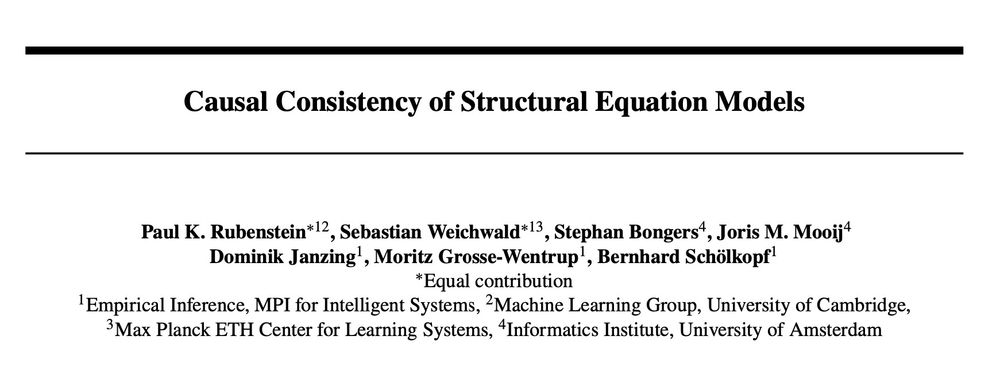
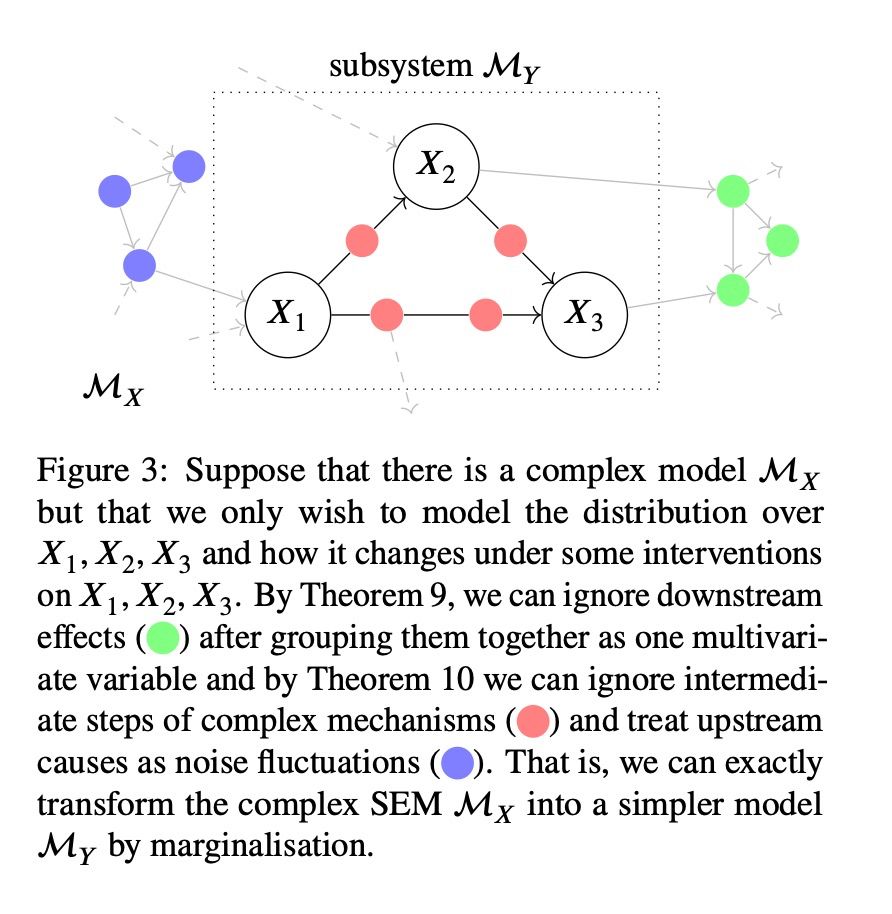
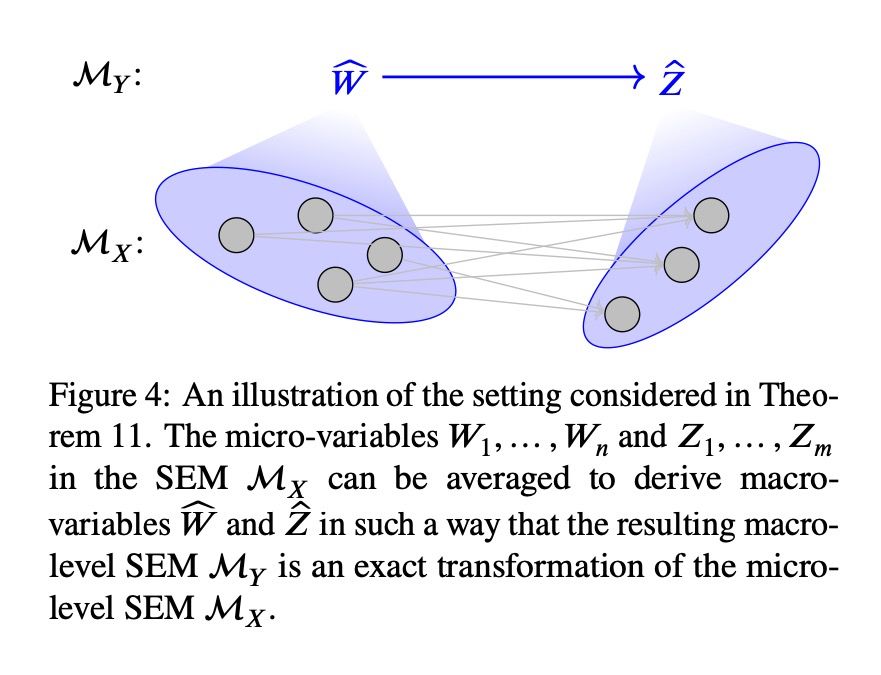
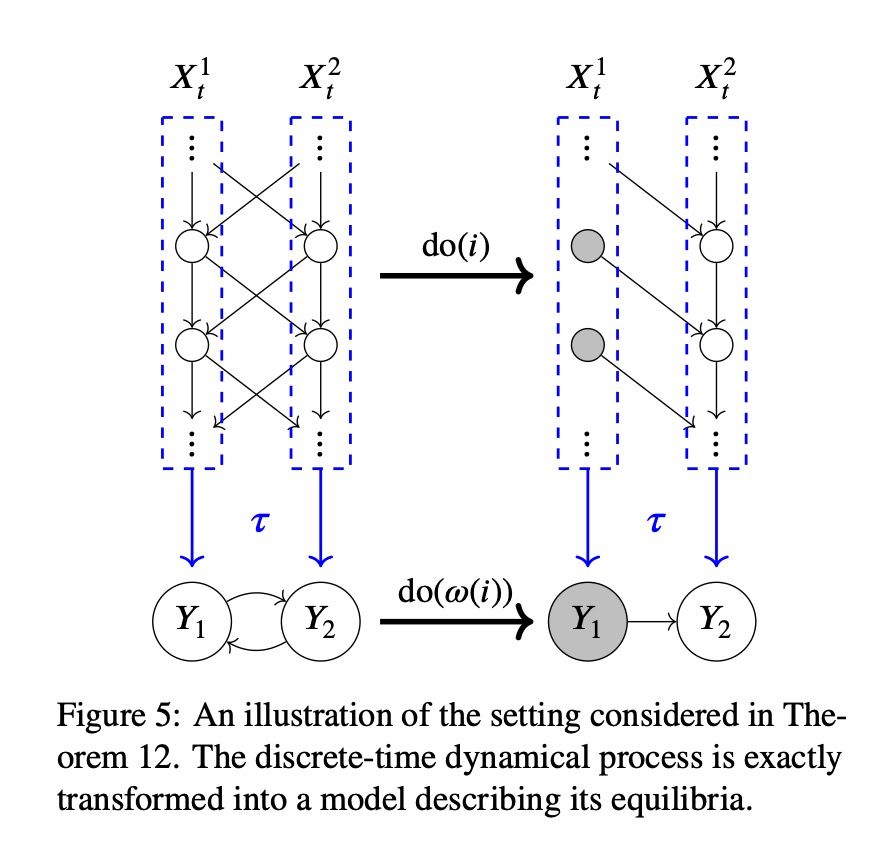

Join your neighbors and friends. Stand up for what actually makes America great.
This Saturday. Everywhere.

Join your neighbors and friends. Stand up for what actually makes America great.
This Saturday. Everywhere.
7 years (!) after Charles Murray made a bet with us that we'd "understand IQ genetically" by 2025, Eric describes how far we still are--and might always be--from that goal
www.theatlantic.com/science/2025...

7 years (!) after Charles Murray made a bet with us that we'd "understand IQ genetically" by 2025, Eric describes how far we still are--and might always be--from that goal
www.theatlantic.com/science/2025...

